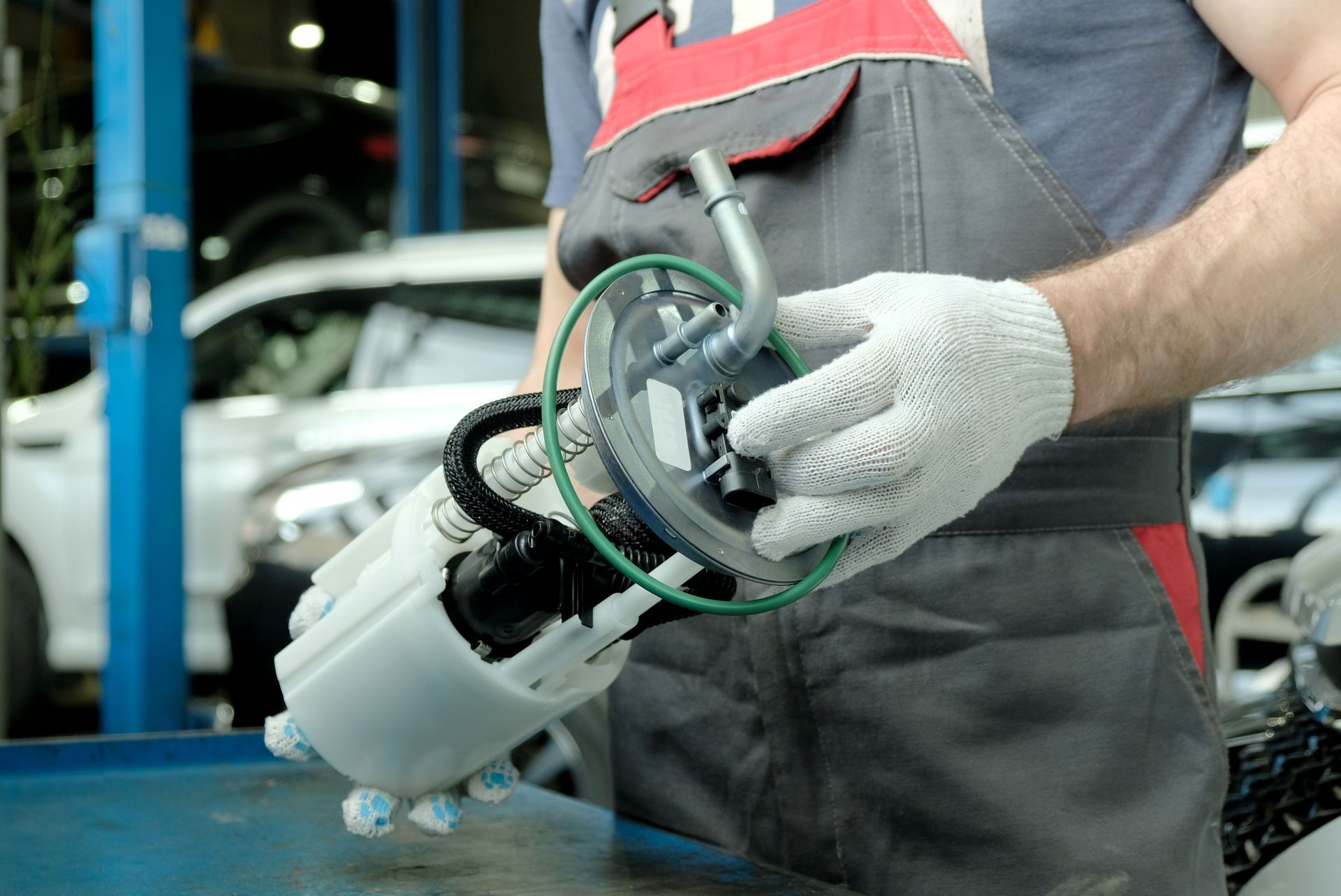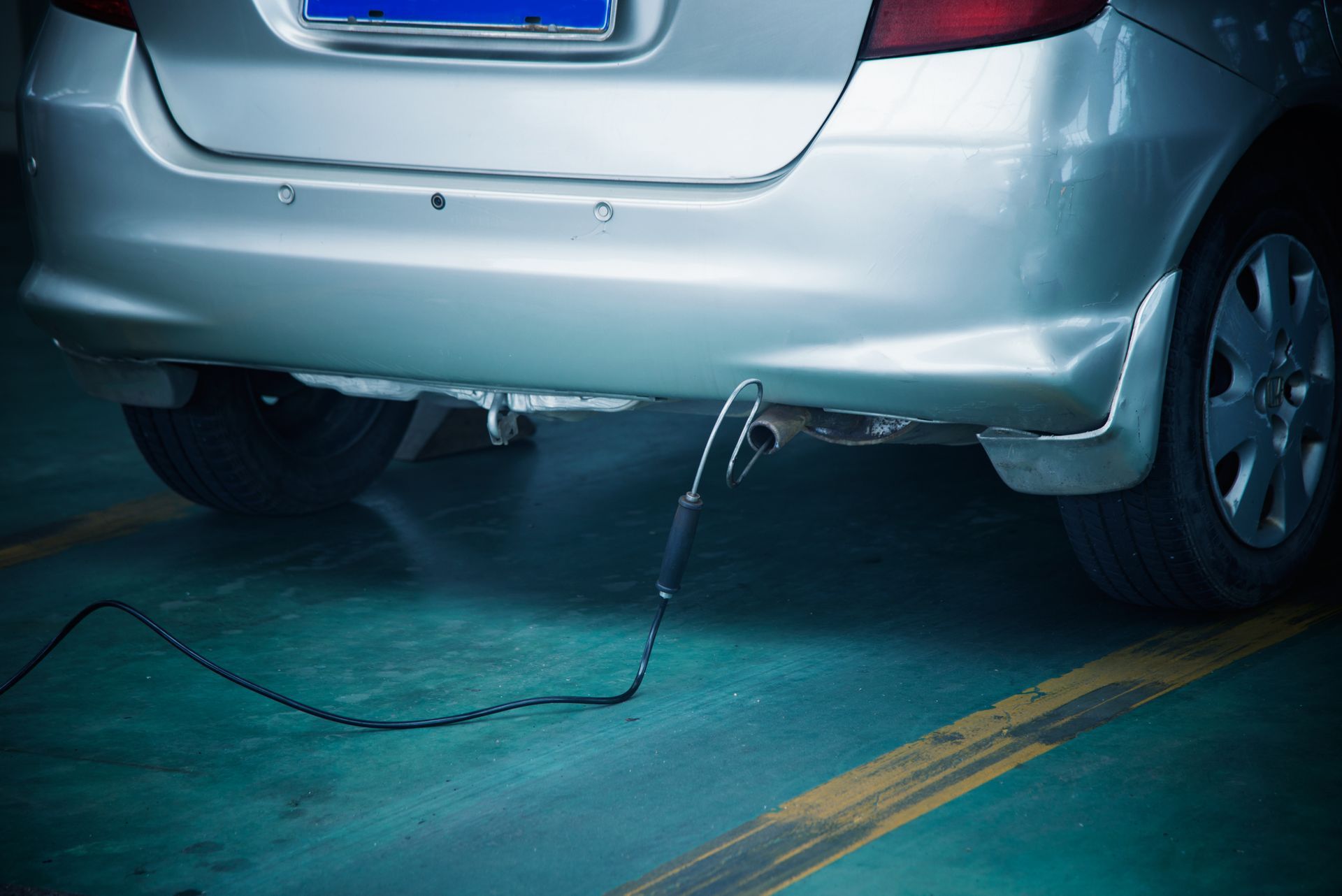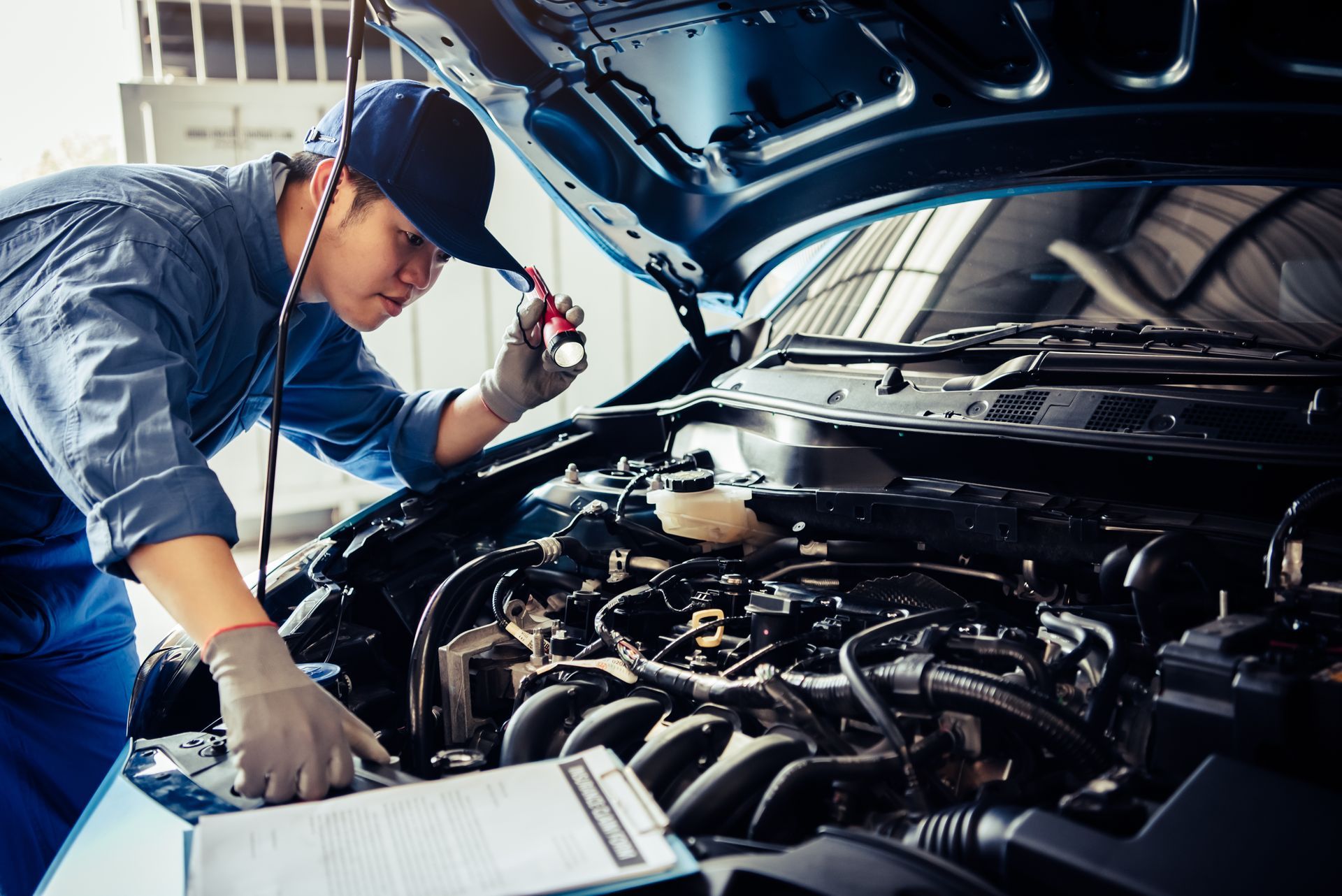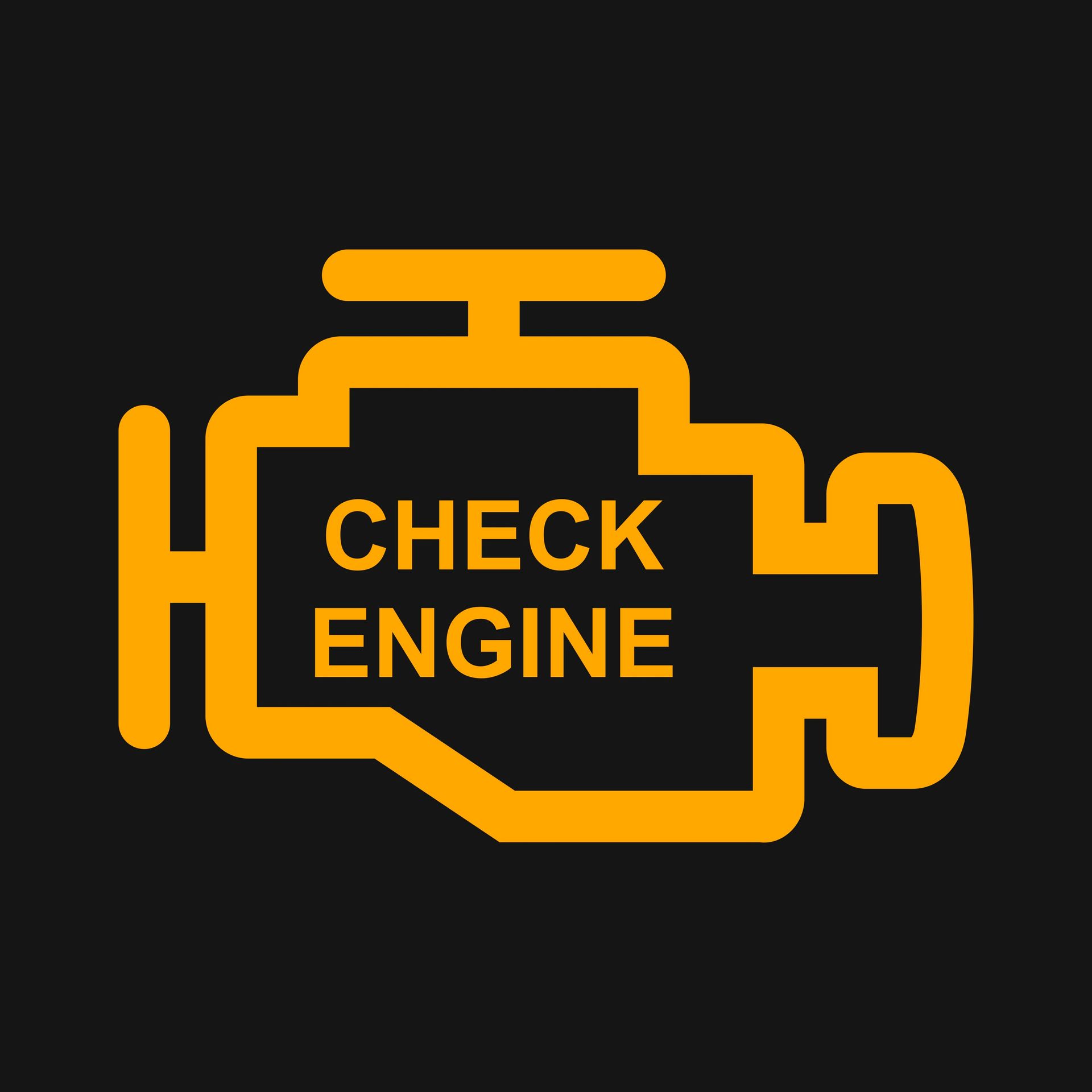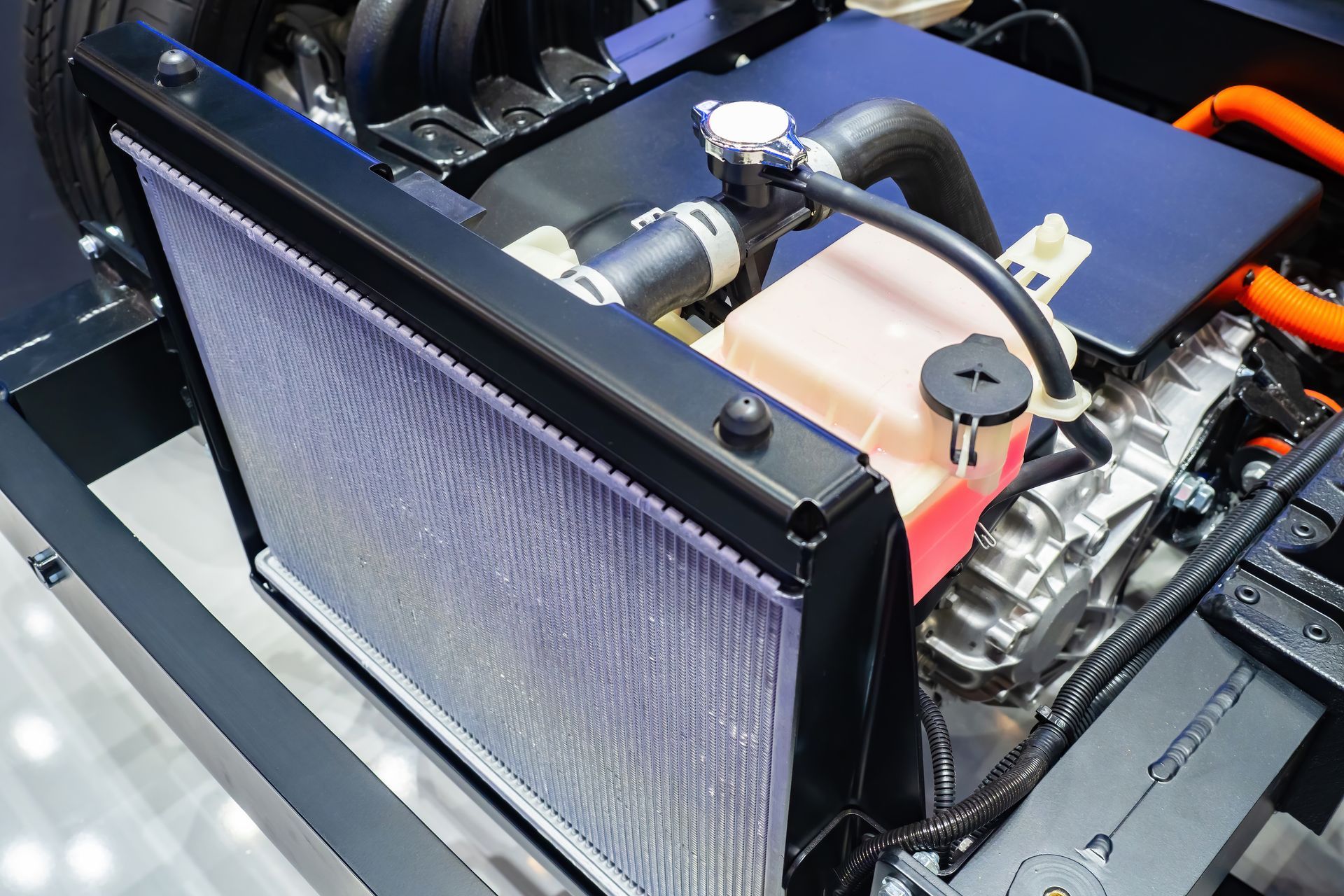Location
SHOP HOURS
Loading ...
Missing business hours data / Error occurred while getting the data.
Call Us: (770) 442-1136
Shop Hours
Loading ...
Missing business hours data / Error occurred while getting the data.
How Do Brake Inspections Ensure Vehicle Safety?
July 25, 2024
In the hustle and bustle of daily life, ensuring that your vehicle's brakes are in top condition might not always be at the forefront of your mind. However, brake inspections play a crucial role in maintaining vehicle safety. Regularly checking and maintaining your brakes can prevent accidents, enhance your car's performance, and give you peace of mind on the road. So, how exactly do brake inspections ensure vehicle safety?
The Importance of Regular Brake Inspections
Your vehicle's braking system is a complex network of components designed to work seamlessly to bring your car to a stop. Over time, these components can wear down, reducing braking efficiency and increasing stopping distances. Regular brake inspections help identify issues early, ensuring that any worn or damaged parts are replaced before they compromise your safety. This proactive approach extends the lifespan of your braking system and prevents unexpected failures that could lead to accidents.
Key Components Checked During a Brake Inspection
During a comprehensive brake inspection, several critical components are examined to ensure they function correctly. These include:
Brake Pads and Shoes
Brake pads and shoes are among the most frequently replaced components in a braking system. They are designed to create friction against the rotors or drums to slow down the vehicle. Over time, they wear down and need to be replaced. Inspecting these parts ensures they have adequate material left to perform effectively.
Rotors and Drums
The rotors and drums are the surfaces that the brake pads and shoes press against to create stopping power. If these components become warped or excessively worn, they can cause vibrations and reduce braking efficiency. Regular inspections help detect these issues early, allowing for resurfacing or replacement as needed.
Brake Fluid
Brake fluid is essential for transmitting the force from your brake pedal to the brake components at each wheel. Low or contaminated brake fluid can significantly affect braking performance. Inspecting the brake fluid level and quality ensures that the hydraulic system is functioning correctly.
Brake Lines and Hoses
The brake lines and hoses carry brake fluid from the master cylinder to the braking components at each wheel. Any leaks or damage in these lines can lead to a loss of braking power. Regular inspections help identify any signs of wear, corrosion, or leaks that need to be addressed promptly.
Calipers and Wheel Cylinders
Calipers and wheel cylinders are responsible for applying pressure to the brake pads and shoes. These components can seize or leak over time, reducing their effectiveness. Inspecting these parts ensures they are in good working condition and capable of applying the necessary force to stop the vehicle.
How Brake Inspections Enhance Vehicle Safety
Regular brake inspections are essential for several reasons.
1. They help maintain optimal braking performance. By ensuring that all components are in good working condition, you can rely on your brakes to perform effectively in emergency situations. This can be the difference between avoiding an accident and being involved in one.
2. Brake inspections help prevent costly repairs. By identifying and addressing issues early, you can avoid more extensive damage that might require expensive repairs or even a complete braking system overhaul. This proactive approach saves you money in the long run and keeps your vehicle in safer operating condition.
3. Regular brake inspections contribute to overall vehicle safety by ensuring your car meets safety standards and regulations. Many states and countries require periodic vehicle inspections, including brake checks, to ensure that all vehicles on the road operate safely. Staying on top of brake maintenance helps you comply with these regulations and avoid potential fines or penalties.
Signs Your Brakes Need an Inspection
While regular brake inspections are essential, it's also important to be aware of signs that indicate your brakes may need immediate attention. Some common warning signs include:
Squeaking or Squealing Noises
Unusual noises when applying the brakes can indicate worn brake pads or other issues that need to be addressed.
Vibrations or Pulsations
If you feel vibrations or pulsations in the brake pedal or steering wheel when braking, it could indicate warped rotors or other problems.
Longer Stopping Distances
If your vehicle takes longer to stop than usual, it may be a sign that your brakes are not functioning optimally.
Soft or Spongy Brake Pedal
A brake pedal that feels soft or spongy when pressed could indicate air in the brake lines or a problem with the brake fluid.
Warning Lights
Many modern vehicles are equipped with brake warning lights on the dashboard. If this light comes on, it's a clear sign that your brakes need attention.
Don't wait for brake problems to escalate! Contact
America's Service Station for expert brake
inspections and maintenance services.
SHOP HOURS
Loading ...
Missing business hours data / Error occurred while getting the data.
Call Us: (770) 442-1136
Loading ...
Missing nap lines data / Error occured while getting the data.


